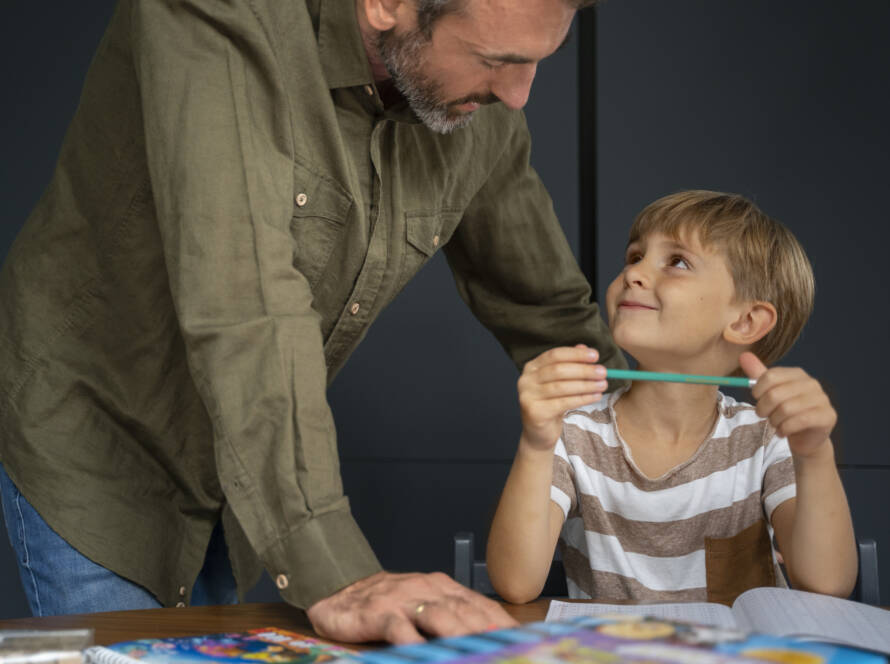Sixteen-year-old Meera was once confident in her looks until Instagram entered her life.
At first, it was just fun selfies with friends. But soon, flawless influencers and beauty filters made her see her reflection as average. One filter helped her smoothen her skin and sharpened her features. She barely recognized herself, but she liked how it made her look.
Soon, she wouldn’t post without editing. Candid photos made her anxious. Compliments from friends meant little compared to online validation. She spent hours perfecting her image, but it was never enough.
Her self-esteem plummeted. She skipped social events, obsessed over skincare, and even considered cosmetic procedures.
Meera’s story is not rare. Across the world, teenagers, especially girls are silently battling a distorted self-image. An image shaped by the unrealistic beauty standards of social media. And for many, the pressure to look “perfect” online starts affecting how they feel offline. It is one of the many side effects of Instagram on teens.
The Silent Struggle
Teenagers today are growing up in a world where their self-esteem is often dictated by digital approval. For many teens, one negative comment can outweigh ten compliments. One ignored message can feel like rejection. And when self-worth is built on an algorithm, it’s easy to feel like you are never enough.
Our self-esteem is influenced by how our parents, siblings, friends, teachers, and other adults perceive us. It begins early in life but maybe most vulnerable in the tween and teen years. Stress, peer pressure, the need for independence, physical changes, and hormones all play havoc on teens’ minds and bodies.
It is natural for teenagers to seek validation. But here the parents need to help their children avoid seeking validation in the wrong places and for the wrong reasons.
The Dopamine Effect
Social media is designed in such a way that it keeps us hooked. Every notification be it a like, comment, or notification causes a small dopamine release in the brain. That dopamine release makes us feel good. This is the same reward system that motivates people to seek pleasure in food, exercise, and even addictive substances.
Teenagers’ brains are still developing, and so this dopamine cycle can be even more powerful. This constant need to check for updates, and respond to messages, sets off a “dopamine loop,”. This instant gratification keeps them coming back for more.
Research suggests that teenagers who spend more time on social media are more likely to experience anxiety and depression. Social media and self-worth are often interlinked, but not always in a healthy way.
Seventeen-year-old Arjun had big dreams, but every time he opened social media, he saw teens his age, or younger, already “making it big.” Entrepreneurs, influencers, gamers, everyone seemed to have a talent, a side hustle, or a personal brand.
At first, it was inspiring. But soon, it felt like pressure. Why don’t I have a passion? Why haven’t I built something yet? He spent hours consuming success tips, feeling like if he wasn’t “productive,” he was falling behind. Even his hobbies felt pointless, if they didn’t make money, were they a waste of time?
Then, his older cousin said something that hit hard: “At your age, I had no clue what I was doing. Social media just makes it look like everyone else does.” And suddenly, it clicked. The internet shows the highlights, never the struggle.
Many teens feel pressured by unrealistic success timelines. Social media anxiety has become a real thing. Overuse of social media creates a negative impact on one’s mental health over time. It shortens attention span, making it difficult to focus on tasks without constant distractions. There is FOMO (fear of missing out), leaving teenagers feeling left behind if they are not constantly online.
It becomes difficult to engage or participate in offline activities as real-life experiences begin to feel less exciting. The curated perfection seen online feels more exciting.
Healthy Social Media Usage Checklist for Parents
Balance Online and Offline Interactions:
13-year-old Riya always had her friends meet at her house. When her parents asked her why she never invited her friends over anymore, she shrugged. “We talk all the time,” she said, showing them her phone. But despite chatting in group texts and sharing memes, she often felt lonely. She felt isolated even after being connected all the time.
After the advent of social media, face-to-face interactions have silently decreased. Many teens like Riya feel isolated even while being constantly “connected.” Real-world interactions are fading. Its important for parents to encourage their teenager to play a sport, or simply hang out with friends in person. It’s about making more space for real-life connections. It helps build deeper, more meaningful relationships.
Set Meaningful Boundaries:
Parents can help by setting small but meaningful boundaries. Ask the teenagers to keep their phones away at the dinner table. Create a “tech-free” hour before bed.
As the saying goes, actions speak louder than words, so if parents constantly check their phones, teens will do the same. Show them that it’s possible to enjoy a conversation without distractions.
Educate and Empower:
It also helps to talk openly about the dopamine loop. Enlighten your teenagers by explaining how endless scrolling is designed to keep them hooked. Teens like Riya often don’t realize that social media algorithms are built to make them crave more. Helping them recognize this pattern empowers them to take control instead of feeling controlled.
Checking in on their emotions is equally important. If they know they can talk without fear of being judged, it provides them with a safe environment. Create this safe environment for your teenager.
At the end of the day, teens will always seek validation from their peers. Parents need to strengthen their teenager’s self-worth at home. Encourage healthy friendships, and remind them that online popularity doesn’t define real value. When your teenager feels seen and heard in real life, it helps him/her to navigate the world of social media with confidence.
Social media has the power to blur the lines between validation and self-worth. By creating a healthy balance, parents can help their teens enjoy the digital world without losing themselves in it.
Subscribe to our blog for expert insights, actionable advice, and real-life parenting strategies!



